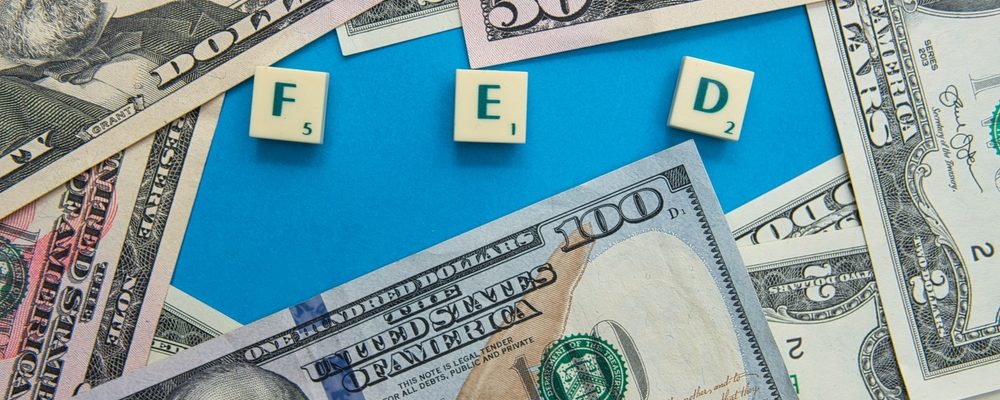Looking at data points seems like a waste of time. They used to matter, and given that the next Fed meeting isn’t until mid-March, the market will probably look through the report anyway.
Bear market rallies are known to be short, sharp, and ferocious. It is undeniable that certain key stocks, market sectors, and other popular assets were experiencing significant corrections – or worse.
The news from Venezuela, and another round of developments from across the world that may shape the course of markets over the next few months.
After the White House nominated Fed veteran Kevin Warsh as the next Fed chair, stocks opened lower Friday. A warmer-than-expected December wholesale inflation report and concerns about a government shutdown added to bearish investor sentiment as the week wrapped up
The theme of sustainability continues to influence the investment landscape, offering both opportunities and risks. This report highlights some key trends for investors to consider in 2026: from physical climate risk to the energy transition, AI, Health Care, Food Producers and regional markets.
Within the fixed income arena, there are three key issues - one, yields returning to historically normal levels; two, chasing duration being a fleeting strategy; and three, the path of least resistance to be for the yield curve to steepen.
As the new year begins, there is emergence of five distinct areas of the US market that warrant attention. These focus areas may overlap or diverge in their impact and relevance.
Whether it is keeping resolutions or organizing finances, the path forward starts to become as simple and intuitive as ABCD, if we start by defining priorities and setting targets.
Markets are suffering sharp losses following an eventful three-day weekend that featured heightening geopolitical tensions amidst a violent selloff in Japanese debt that sent yields on the longest tenors to all-time highs.
Over the last year, the ability to make markets on events with outcomes in sports, politics, business, weather, travel, and anything you can imagine has gained surprising adoption.
It seems as though the Treasury may be preparing the market for a potential change in issuance sizes or duration at some point in the not-too-distant future, though that is admittedly speculative.
As we get ready to close out 2025, one stand-out trend in the U.S. Treasury (UST) market has been the steepening of the yield curve. The question now is whether this trend will continue into 2026, and if it does, how should investors position their bond portfolios?















